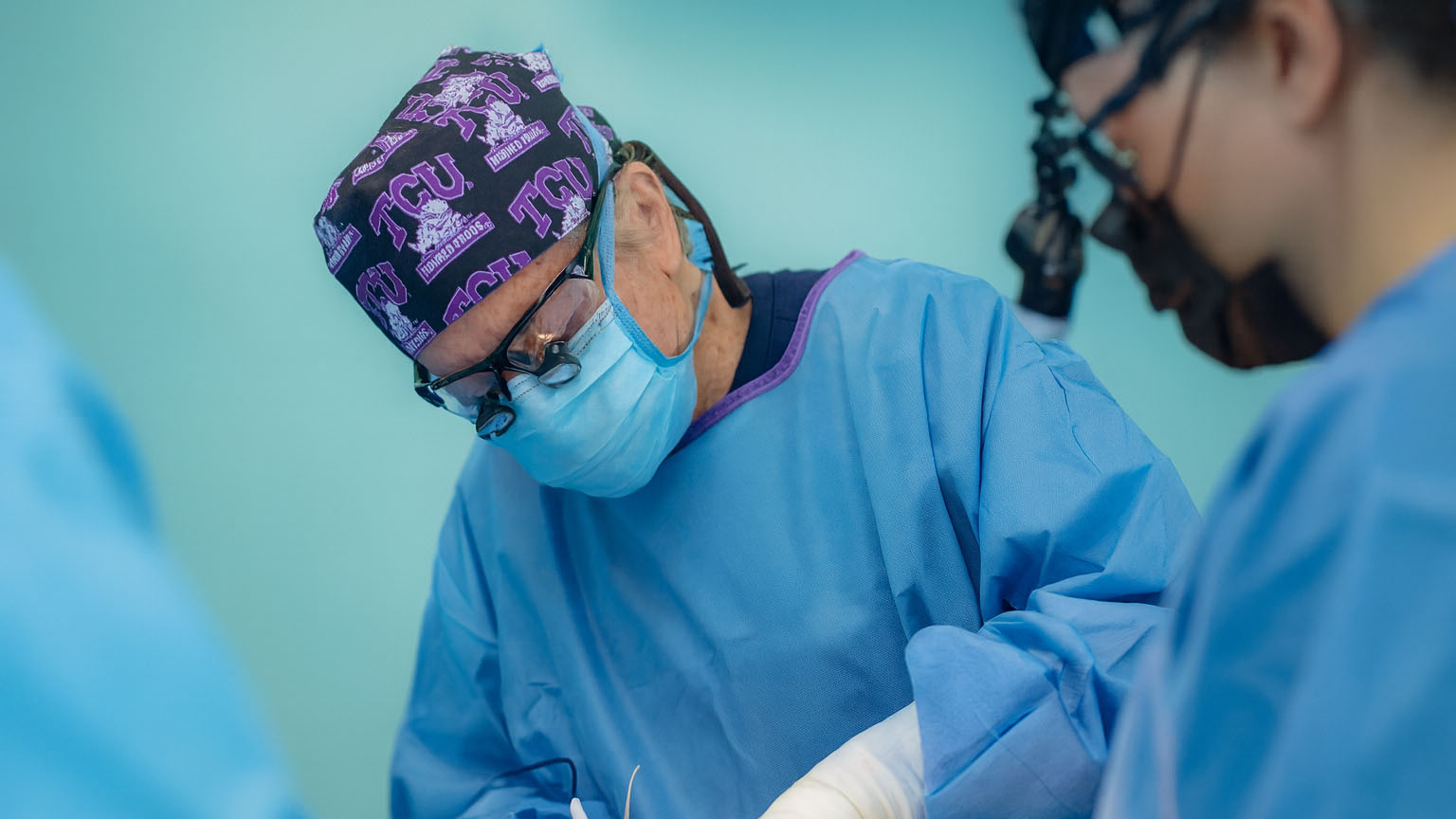That first blast of winter air might feel invigorating, but your cardiovascular system is working harder than you realize. Within seconds of stepping into freezing temperatures, your blood vessels constrict to preserve body heat, raising your blood pressure and increasing the workload on your heart.
Category Archives: Blog
Small Changes That Make a Big Impact on Your Blood Pressure
High blood pressure, or hypertension, often develops without warning signs, but its effects on the heart, brain and kidneys can be serious over time. The good news is that even small, consistent lifestyle changes can lead to meaningful improvements.
Your Heart in Your 40s, 50s and Beyond: What Changes and What to Watch
Your 40s, 50s, and beyond are pivotal times to understand how your heart is changing. Stay current with screenings and take advantage of expert care to help prevent future problems.
Understanding Heart Disease in Women
Symptoms of heart disease look different in women than men, often resulting in overlooked risk factors and missed diagnoses. Understanding how heart disease affects women specifically, and knowing when and where to seek care, can be lifesaving.
Winter Slips and Falls: Staying Safe on Ice and Snow
As winter conditions take hold across the Hudson Valley, icy sidewalks, slick driveways, and hidden black ice become more frequent.
Beyond Pink: What Everyone Should Know About Early Breast Cancer Detection
Early detection saves lives. WMCHealth urges regular mammograms starting at 40, awareness of risk factors, and reporting any breast changes. With advanced imaging and expert care, WMCHealth helps detect breast cancer early, when treatment is most effective.
Your Kid’s Not Just Tired. Could It Be Anemia?
As school begins, persistent fatigue in kids may signal anemia, especially if symptoms like pale skin, weakness, and difficulty concentrating last over two weeks. Consult a pediatrician at WMC Health for a blood test and proper diagnosis.
Age-Reversing Summer Habits: What Science Says Actually Works
Summer is the perfect time to slow down and adopt habits that support healthy aging. Brisk walks, antioxidant-rich produce, safe sun exposure, hydration, UV protection, and reducing alcohol can all help slow cellular aging. Make this your season of renewal.
Celebrate Safely: Fireworks Dos and Don’ts
Fireworks add summer fun across the Hudson Valley—but can also cause serious injury. In NY, only certain sparkling devices are legal, and rules vary by county. WMCHealth urges caution and recommends enjoying professional shows for safe celebrations.
WMCHealth ENT Surgeon Returns to Ukraine for Life-Changing Medical Mission
WMCHealth’s Dr. Augustine Moscatello joined a humanitarian mission in Ukraine, performing over 150 facial reconstructive procedures on war-injured patients. The WMC team also trained local surgeons, reinforcing care and resilience amid crisis.









